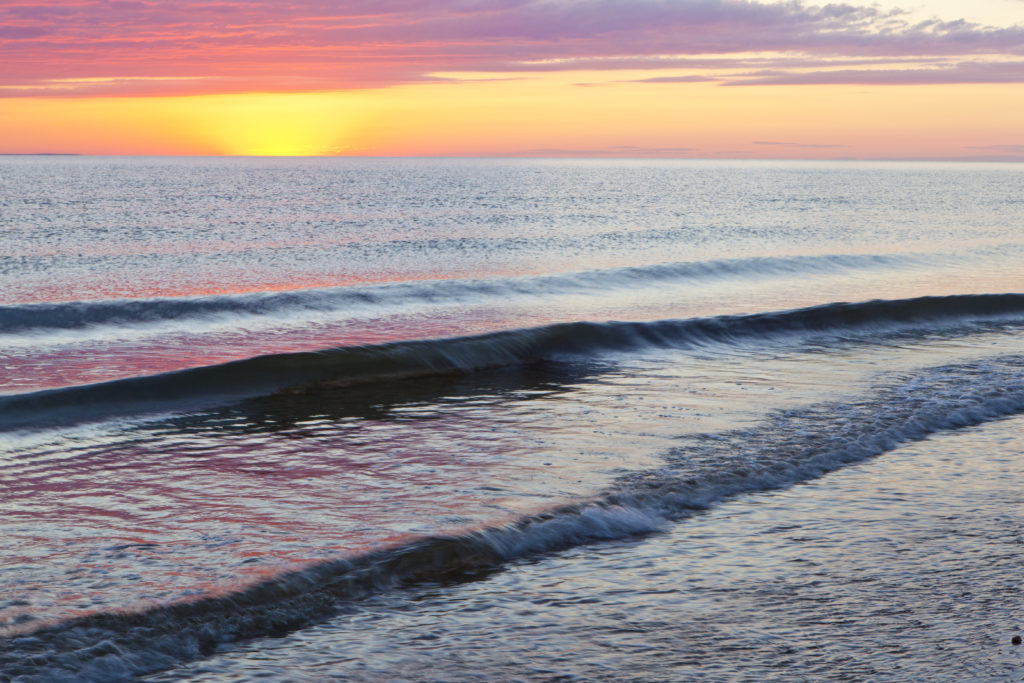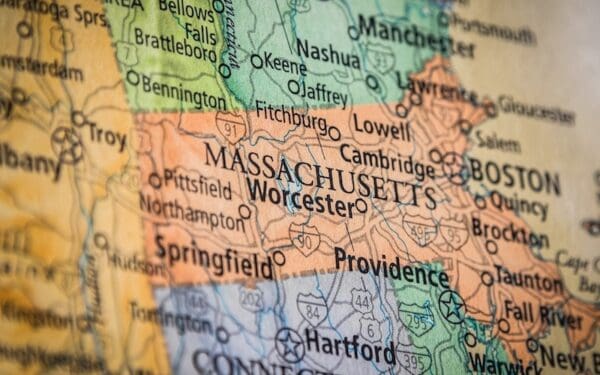
Groundwater pollution is putting New England waters, like Cape Cod's iconic bays, at risk. CLF submitted a public comment letter in support of a strong Clean Water Act, continuing our commitment to the Cape's waters. Photo: EcoPhotography
EPA Administrator Scott Pruitt has his sights set on unraveling the Clean Water Act, one of our best tools for protecting our lakes, rivers, and oceans. In February, Pruitt opened a public comment period on the Clean Water Act, a thinly veiled attempt to defang the law and please his industry allies. CLF is working to make sure that the law, which is critical to our work, continues to protect our waters. On May 21, our public comment letter stated our support of the EPA’s long-standing interpretation of the Clean Water Act, which holds polluters accountable when they harm our nation’s lakes, rivers, and oceans.
Our comment letter explains to the EPA why it’s critical the agency uphold the law as written. As the Clean Water Act works now, citizens can hold polluters accountable for adding pollution to surface waters, even when the pollution travels through groundwater on its way to a lake, river, or ocean. The EPA should interpret the Clean Water Act as envisioned by Congress in 1972: a protection for our nation’s waters against all additions of pollution.
A Weaker Clean Water Act Will Harm New England’s Beaches, Waterways
Scott Pruitt is trying to clear the way for his industry friends to pollute with little consequence. His plan to exempt whole categories of pollution from regulation under the Clean Water Act is a startling break from past EPA interpretations, and would make it harder to protect our nation’s waters.
This could be a catastrophe for national treasures like the beaches of Cape Cod, which already suffer from excessive nitrogen pollution from septic systems and waste that flows through groundwater into the harbors, bays, and oceans. This excess nitrogen leads to toxic algal blooms, endangering humans and wildlife and shutting down beaches during the summer. If the pollution in Cape Cod’s beaches is not checked, it will inevitably make the Cape a less desirable vacation destination, hurting an area dependent on dollars from tourism.
CLF has a long-standing commitment to protecting Cape Cod and the rest of New England’s waters. A reconsideration of the protective reach of the Clean Water Act could put our ability to do so in jeopardy.
As the Trump administration’s attacks on our environment continue, CLF remains an advocate for the health of New England’s people and our waters.



